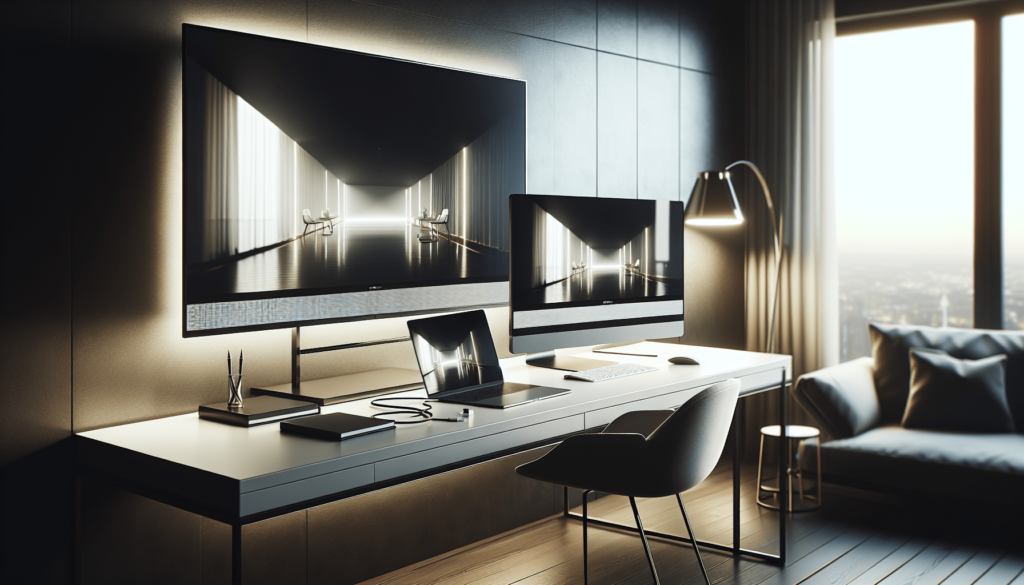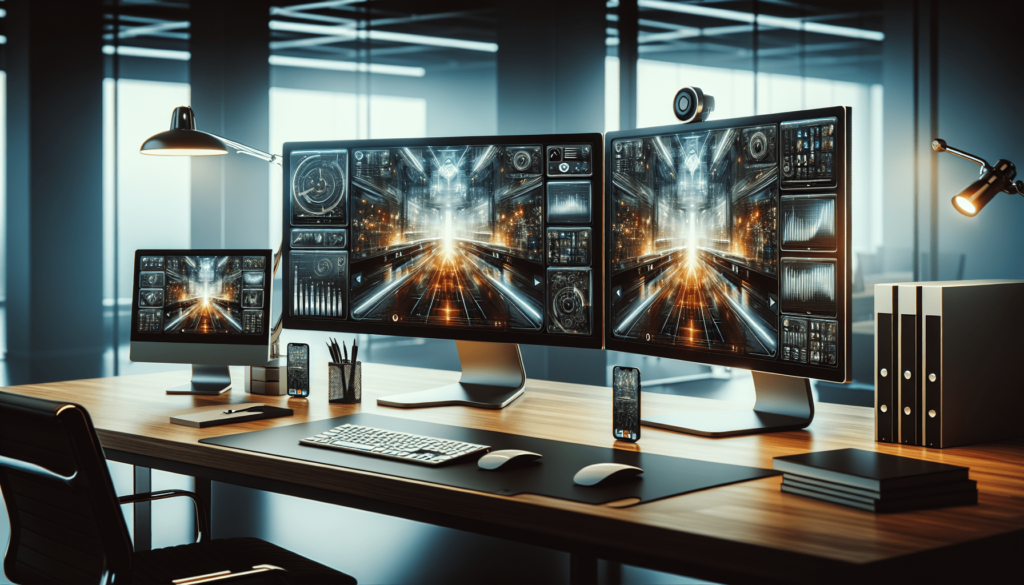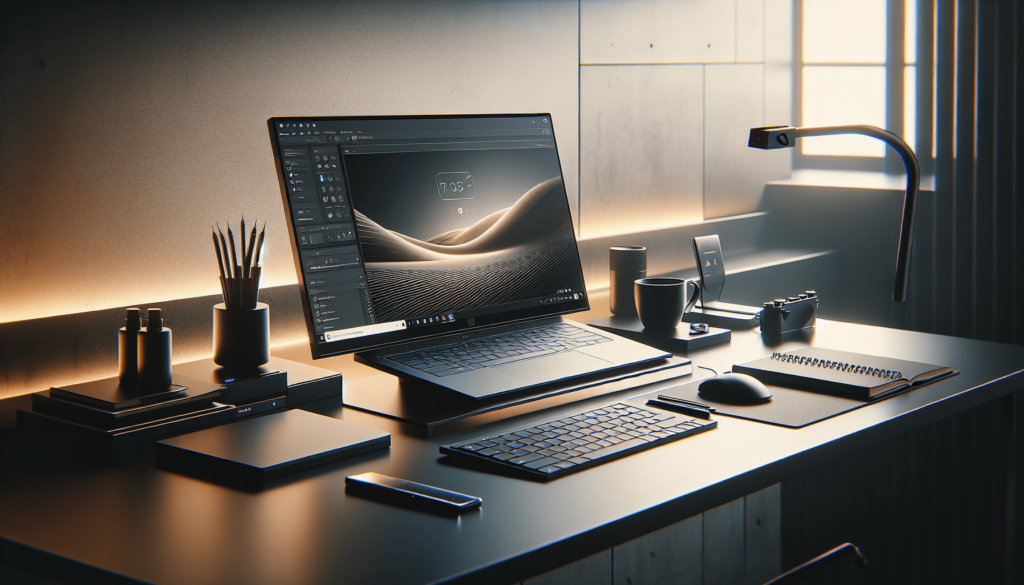Have you ever wondered whether it’s better to connect your laptop to a TV or a monitor? You’re not alone; it’s a question I’ve faced numerous times, especially given how technology continues to evolve rapidly. Each has its unique benefits and shortcomings, so let’s break down the options to help you decide which one suits your needs best.

Understanding Your Needs
Before we dive into the nitty-gritty details, it’s essential to understand your specific requirements. What do you need the extra screen space for? Are you a gamer, a movie buff, or someone who needs a second screen for productivity? Each scenario may sway you toward either a TV or a monitor.
Gaming
If you’re into gaming, then a monitor might be your best option. Monitors generally have higher refresh rates, lower latency, and better response times than TVs. These factors are crucial for an enjoyable, competitive gaming experience.
Movies and Streaming
For movie lovers, connecting your laptop to a TV can offer a more immersive experience. A TV usually has a larger screen size and often comes with better sound quality, adding another layer to your viewing pleasure.
Productivity
If productivity is your primary goal, a monitor is often the better choice. With crisper text and high resolutions, working on spreadsheets, documents, or multiple applications simultaneously becomes more manageable.
Technical Considerations
Now, let’s move on to some technical aspects you need to consider before making your decision. These include resolution, response time, refresh rate, and connectivity options.
Resolution
Resolution affects the quality of the display. TVs and monitors today generally offer resolutions ranging from HD (720p) to 4K (2160p). If clarity and detail are important to you, especially for work or design applications, a monitor with high resolution can make a significant difference.
| Resolution Type | TV | Monitor |
|---|---|---|
| HD (720p) | Common in older models | Rare |
| Full HD (1080p) | Standard | Standard |
| 4K (2160p) | Increasingly common | Becoming common |
Response Time
Response time impacts how quickly a display can change pixels from one color to another. A lower response time is better for fast-moving content, making it essential for gaming and action-packed movies. Monitors usually have an edge here.
Refresh Rate
The refresh rate is the number of times the screen updates per second, measured in Hertz (Hz). Higher refresh rates result in smoother motion. Most TVs offer 60Hz or 120Hz, while gaming monitors can go up to 240Hz.
| Use Case | Suggested Refresh Rate |
|---|---|
| General Use/Movies | 60Hz |
| Competitive Gaming/Design | 120Hz and above |
Connectivity Options
The ports on your laptop, TV, or monitor can either streamline or complicate your setup.
| Port Type | TV | Monitor |
|---|---|---|
| HDMI | Standard | Standard |
| DisplayPort | Rare | Common in high-end monitors |
| USB-C | Becoming common | Becoming common |
Ensure your laptop has the necessary outputs and your TV or monitor has the required inputs.
Feature-Specific Comparisons
Each type of screen comes with a suite of features that may align better with your needs.
Smart Features
Modern TVs have intelligent features like built-in apps, streaming options, and voice control. If you use your laptop for occasional work and primarily for media consumption, a smart TV may be the superior choice.
HDR and Color Accuracy
High Dynamic Range (HDR) provides better color and contrast. TVs are often better in this department, making them suitable for watching movies, sports, and TV shows in rich, vibrant colors. On the other hand, color accuracy is crucial for photographers, designers, and anyone who needs precise color rendering, where high-quality monitors excel.
Built-in Speakers
Monitors often lack built-in speakers or come with less powerful ones than TVs, which can significantly enhance your viewing experience with better sound quality.
Price Considerations
Price is always a factor to consider. While there is a broad range of prices for both monitors and TVs, your budget will significantly impact what you can get.
TVs
You can get a decent 4K TV for a few hundred dollars, especially during sales or holidays. If you’re looking for more features or a premium brand, the price can go up.
Monitors
Monitors can range from bargain-bin deals to several hundred, even thousands of dollars, depending on specs like refresh rate, resolution, and panel type.
Conclusion: The Verdict
So, is it better to connect your laptop to a TV or a monitor? The answer isn’t one-size-fits-all and depends heavily on your specific needs. Here’s a quick summary:
| Use Case | Best Option |
|---|---|
| Gaming | Monitor |
| Movies/Streaming | TV |
| Productivity | Monitor |
| Mixed Use | It depends |
Taking the time to evaluate your primary use case, budget, and technical requirements can help guide you to the most suitable choice. Whether you’re leaning toward a TV’s larger display for immersive media consumption or a monitor’s superior performance for productivity and gaming, each has its merits. Happy connecting!

